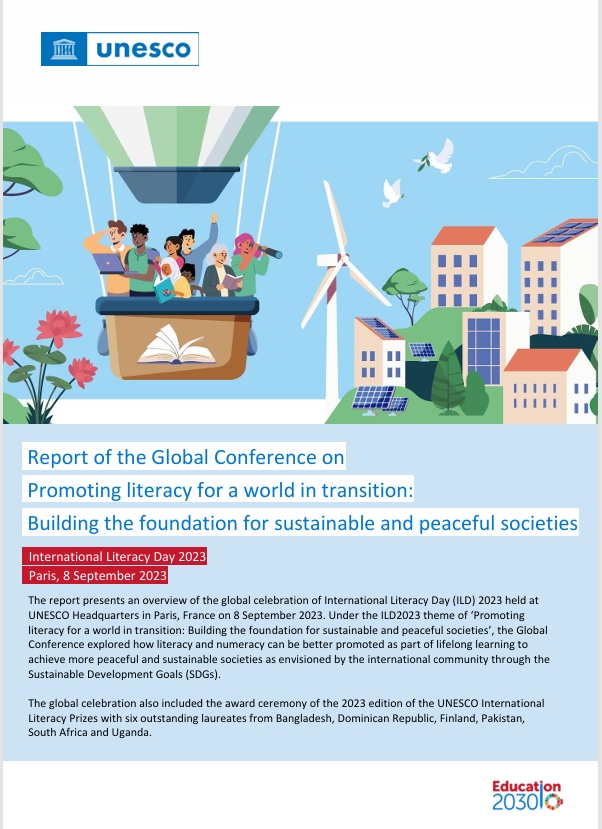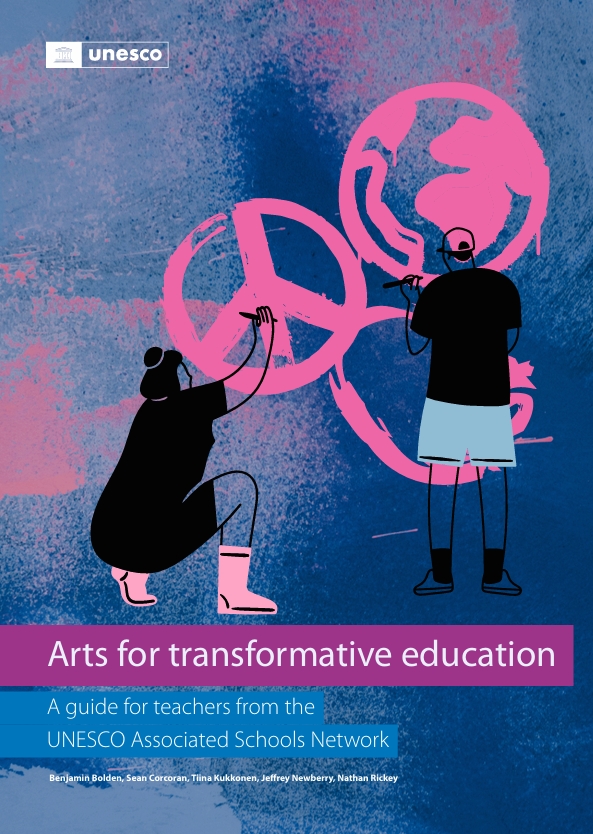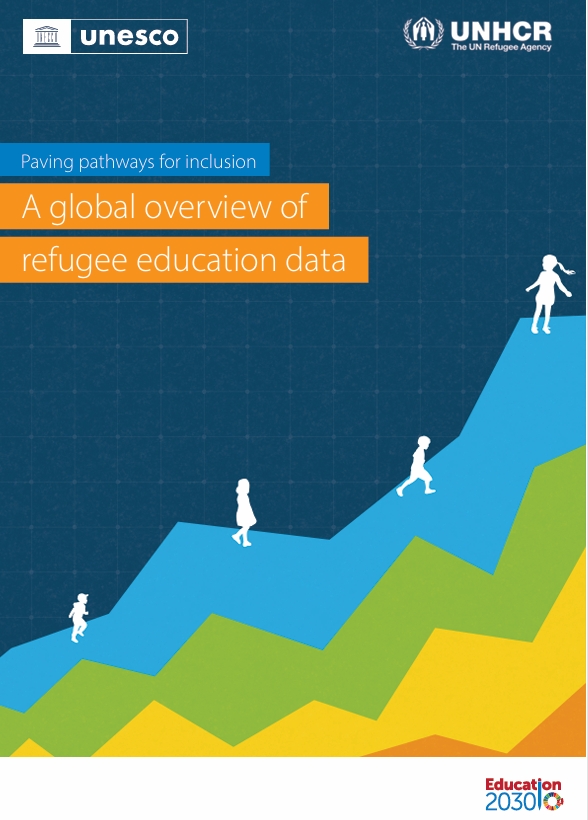Story Source: Hindustan TImes~ Go to Original Article
In the contemporary world, where technology has become an integral part of our lives, previously complex tasks have become much easier and seamless. Thanks to ongoing technological advancements, the standard, and quality of living have risen rapidly. This is especially true in the case of education. Technology has transformed learning and has improved educational offerings in a major way.
India, standing at a high adult illiteracy rate of 30% had been struggling to disseminate education, especially in remote areas with poor connectivity. However, the availability of economical smartphones, computers, and the internet is making education cheaper and more easily accessible. As a result, people in tier 2 and tier 3 cities are experiencing high-quality learning, which was earlier limited to metro cities…………………






